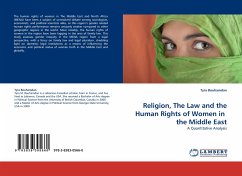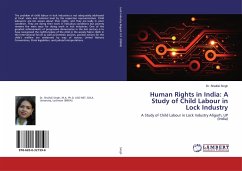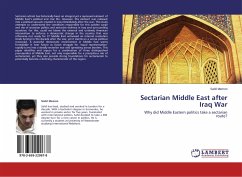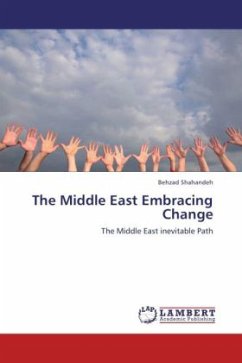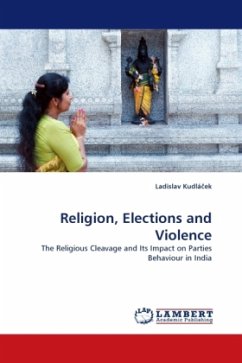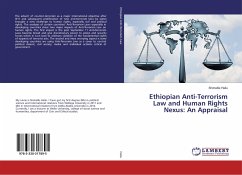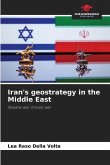The human rights of women in The Middle East and North Africa (MENA) have been a subject of unresolved debate among sociologists, economists, and political scientists alike, as this region s gender related human rights performance remains uniquely weaker compared to other geographic regions in the world. Most notably, the human rights of women in the region have been lagging in the area of family law. This study assesses gender inequity in the MENA region from a legal perspective, with a focus on family law and legal pluralism, shedding light on domestic legal institutions as a means of influencing the economic and political status of women both in the Middle East and globally.

